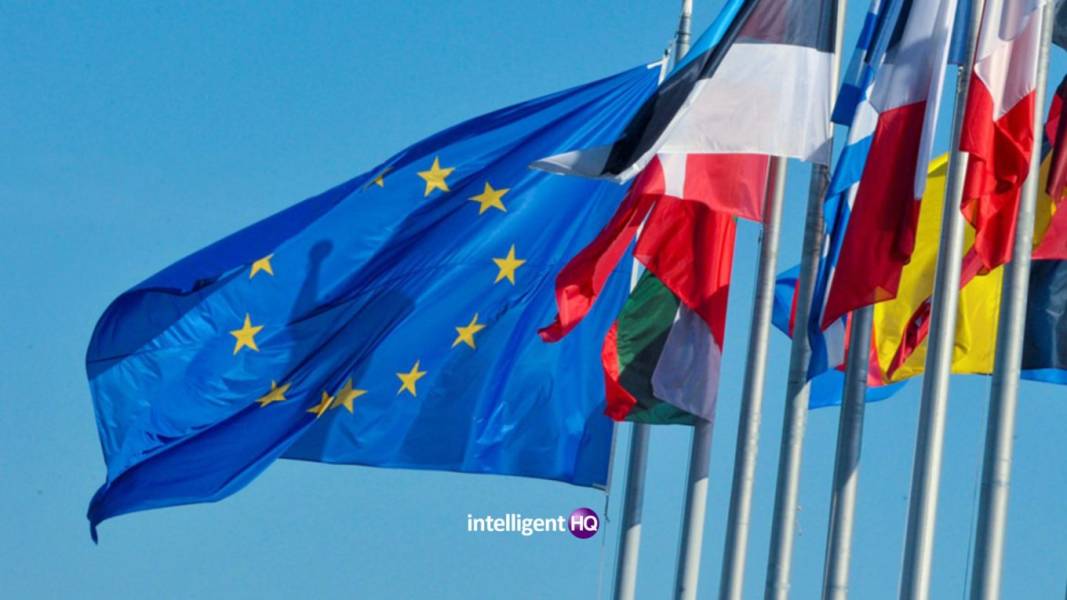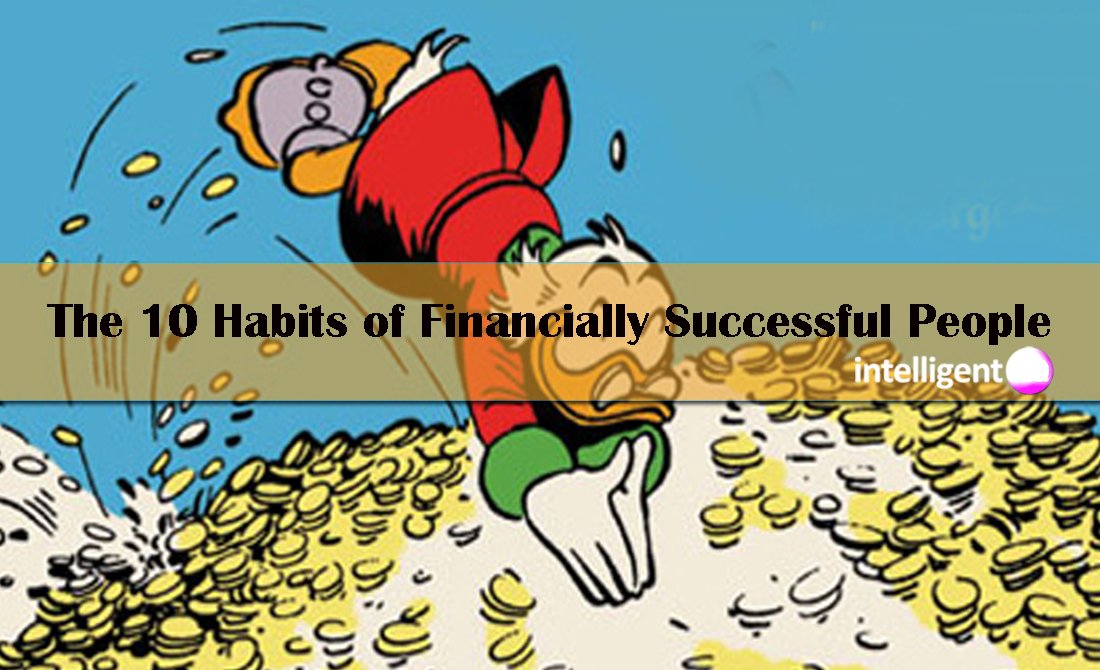Launched in 1985, the European Capitals of Culture is an initiative by the European Union to promote the cultural diversity of Europe. The programme is an important part of the European Union’s commitment to promoting cultural diversity and encouraging cultural exchange. To date, it has been awarded to more than 60 cities across the European Union (EU) and beyond.

European culture is one of the most influential and diverse cultures in the world. Shaped by centuries of history, art, literature, philosophy, and science, it is a blend of different political and economic systems and social structures. This mix of cultures has created a unique and vibrant culture that is both fascinating and complex.
The European Capitals of Culture (ECOC) programme is an initiative of the European Union (EU) to promote and celebrate the cultural heritage of Europe. The initiative puts the diverse European culture at the heart of European cities with EU support for a yearlong celebration of art and culture.
A look into the past….
The idea for the ECOC programme originated in the early 1980s when the European Commission was looking for ways to promote the cultural heritage of Europe. The Commission wanted to create a programme that would bring together the different cultures of Europe and foster intercultural dialogue. The Commission also wanted to highlight the unique cultural heritage of each city and encourage the development of cultural tourism.
The Commission consulted with experts in the field of culture and tourism in order to develop a programme that would meet these goals. After much deliberation, the Commission decided to create a programme that would designate one city each year as the European Capital of Culture. The city would be chosen based on its cultural heritage, its cultural activities, and its potential for cultural tourism.
The first European Capital of Culture was Athens in 1985. Since then, the programme has grown to include cities from across the continent. Each year, the European Commission selects two cities to be designated as European Capitals of Culture. The cities are chosen based on their cultural heritage, their cultural activities, and their potential for cultural tourism. An important part of the European cultural landscape, the programme has been awarded to more than 60 cities across the European Union (EU) and beyond to date.
ECOC selection
The idea behind the programme is to select a different city each year to serve as the European Capital of Culture. The selection process for the European Capitals of Culture is highly competitive and detailed. Cities must submit an application outlining their cultural activities and how they plan to promote them during their year as a European Capital of Culture six years in advance. The European Commission then evaluates the applications and selects the two cities that best meet the criteria.
The selection of the city is based on its cultural significance and its ability to represent the culture of the entire European Union. The 3 European Capitals of Culture selected for the year 2023 are Elefsina (Greece), Veszprém (Hungary), and Timișoara (Romania).
The chosen city is given the opportunity to showcase its culture through a variety of events and activities. These events can include concerts, festivals, exhibitions, and other cultural activities. The city is also encouraged to promote its cultural heritage by creating new cultural initiatives and projects.
The ECOC impact through decades
The ECOC programme is designed to highlight the richness and diversity of cultures in Europe. Having been constantly influenced by many civilisations and cultures through centuries, the ECOC programme is a celebration of the multi-cultural features that Europeans share, increasing, thus, European citizens’ sense of belonging to a common cultural area.
This shared identity is further strengthened by the promotion of cultural exchange and collaboration between the different cities of the region, and some even countries beyond. Nevertheless, this fosters the contribution of culture to the development of cities.
Besides this, the cities chosen have been able to showcase their unique cultural heritage and promote cultural activities from all over Europe. This has helped to foster a greater understanding and appreciation of different cultures and traditions.
The programme has had a significant impact on the cities chosen. It has helped to revitalise their cultural life, increase their visibility, and attract tourists. The cities rose to an international level of profile, enhancing their value both amongst the inhabitants and the global demographic.

With a driving passion to create a relatable content, Pallavi progressed from writing as a freelancer to full-time professional. Science, innovation, technology, economics are very few (but not limiting) fields she zealous about. Reading, writing, and teaching are the other activities she loves to get involved beyond content writing for intelligenthq.com, citiesabc.com, and openbusinesscouncil.org



























